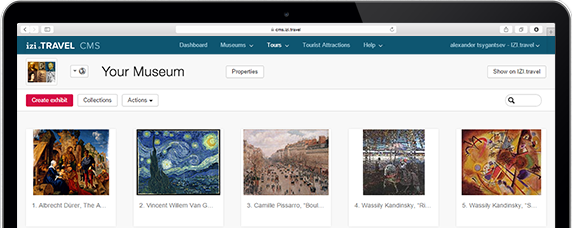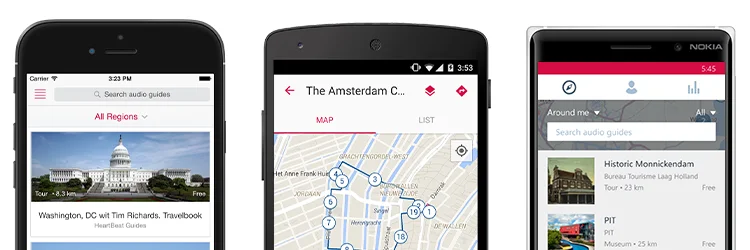Only in English
Raleigh Tavern
Update Required To play the media you will need to either update your browser to a recent version or update your Flash plugin.
Of all of the non-governmental buildings in Williamsburg, the most important is Raleigh Tavern. Built in 1717 and named after Sir Walter Raleigh, it was more than a place to have a drink and catch up on news. Imagine a place where merchandise and slaves were auctioned on its steps and theater tickets were sold – at a time when theater was somewhat scandalous. Virginians love a party, and the Raleigh Tavern hosted many dances. The Phi Beta Kappa Society was founded here in December 1776 and three years later the Pulaski Club, the oldest men’s social club in the country, was formed here.
When the House of Burgesses met during Publick Days in April and October, Williamsburg was jammed with delegates and dignitaries, lobbyists and legislators, commoners and civil servants. Raleigh Tavern was popular with all of them and was frequented by all of the names familiar from history books.
As Revolutionary events unfolded, the tavern became more than a social meeting place. When Gov. Botetourt dissolved the House of Burgesses when it protested the Townshend Acts in 1769, the delegates reconvened in the tavern’s banqueting hall. On this very spot they drafted an agreement to refuse to buy British goods.
In 1773, Richard Henry Lee, Francis Lightfoot Lee, Dabney Carr, Thomas Jefferson, Patrick Henry and others met there again to develop intercolonial committees of correspondence. These kept pro-revolution advocates informed about what was happening in other colonies.
They met there once more in 1774, when Gov. Dunmore dissolved the House of Burgesses again, this time after they protested the closing of the Port of Boston following the Boston Tea Party. They formed a non-importation association. The proposal was drafted by George Mason and introduced by George Washington.
Fire, probably arson, destroyed the building in 1859 and it was not rebuilt. Archeological digs uncovered the foundation and artifacts from the tavern. Period sketches and insurance documents provided dimensions and illustrations of the building, while 18th-century inventories described the furnishings.
In this atmospheric building, you can see history brought to life with reenactments of events surrounding the Revolution, theatrical performances and other tavern-style entertainment. Admission ticket required.
When the House of Burgesses met during Publick Days in April and October, Williamsburg was jammed with delegates and dignitaries, lobbyists and legislators, commoners and civil servants. Raleigh Tavern was popular with all of them and was frequented by all of the names familiar from history books.
As Revolutionary events unfolded, the tavern became more than a social meeting place. When Gov. Botetourt dissolved the House of Burgesses when it protested the Townshend Acts in 1769, the delegates reconvened in the tavern’s banqueting hall. On this very spot they drafted an agreement to refuse to buy British goods.
In 1773, Richard Henry Lee, Francis Lightfoot Lee, Dabney Carr, Thomas Jefferson, Patrick Henry and others met there again to develop intercolonial committees of correspondence. These kept pro-revolution advocates informed about what was happening in other colonies.
They met there once more in 1774, when Gov. Dunmore dissolved the House of Burgesses again, this time after they protested the closing of the Port of Boston following the Boston Tea Party. They formed a non-importation association. The proposal was drafted by George Mason and introduced by George Washington.
Fire, probably arson, destroyed the building in 1859 and it was not rebuilt. Archeological digs uncovered the foundation and artifacts from the tavern. Period sketches and insurance documents provided dimensions and illustrations of the building, while 18th-century inventories described the furnishings.
In this atmospheric building, you can see history brought to life with reenactments of events surrounding the Revolution, theatrical performances and other tavern-style entertainment. Admission ticket required.
Download the free izi.TRAVEL app
Create your own audio tours!
Use of the system and the mobile guide app is free


